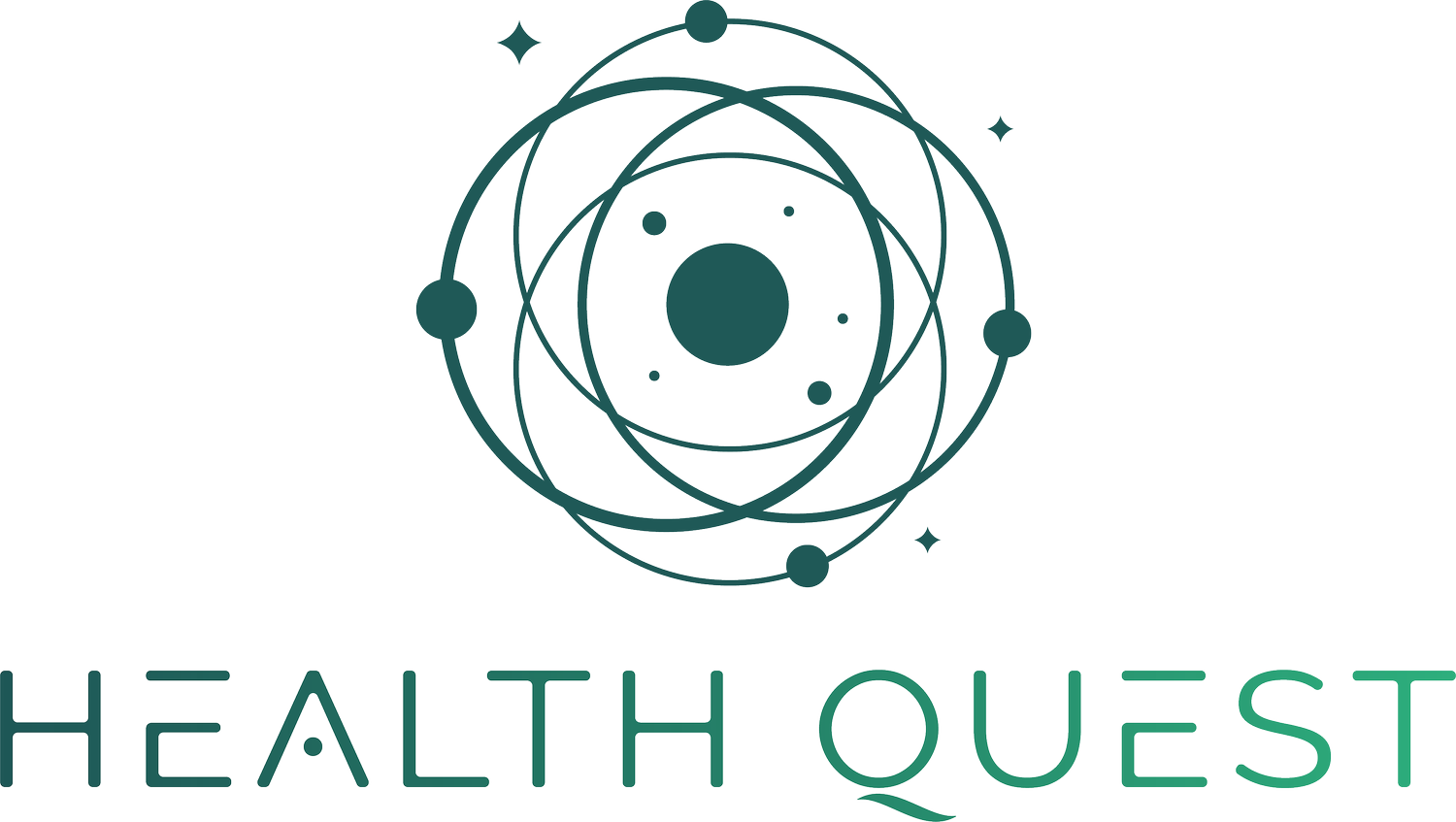Provider Feature Dr. Ginelle Wolfe
What do all those letters after your name mean?
M.A.: Masters degree in Counseling Psychology
Ph.D.: Doctor of philosophy in Counseling Psychology
The field of counseling psychology focuses on mental health specifically from a lifespan development, educational, and preventative perspective, with an emphasis on social justice.
What brought you to Health Quest?
After graduating my doctoral program and moving to Charlotte, I was eager to work somewhere that I could really build my professional identity. I was excited about the opportunities at HQ, and the genuine enthusiasm that each of the providers had. From my first interview, I could immediately tell Dr. Connell and Dr. Kelly genuinely wanted to get to know me and support the work I was passionate about (which honestly says a lot given it was a virtual interview!). When I visited the office, it was clear that collaboration was a value. There are so many people with such unique, high-level skillsets who all collaborate to support one another. I wanted to be a part of that!
What does innovation mean for you and your practice?
Since being at Health Quest, I’ve realized that the focus on innovation is not just a focus on Innovative technology but also just overall culture of creativity. That might mean using virtual reality in therapy, but also includes playing games that help to meet therapeutic goals, or going outside for “walking therapy” sessions, or to kick around a soccer ball! To me, innovation helps me personalize interventions for my clients since there is no one size fits all.
What are some recent developments in your field that you are most excited about?
I am excited about the fields of counseling and clinical psychology becoming less Eurocentric, which I think pairs so well with HQ’s focus on innovation. The field is moving toward breaking out of practices that have been harmful –especially toward individuals with marginalized identities. Decolonizing therapy includes getting to the root of presenting concerns, and understanding the ways in which we interact with our systems and environments. A decolonized therapy practice involves more collaboration, empowerment, and creativity, with the goal of liberation rather than symptom reduction.
What media (books, films, TV etc.) do find most inspirational?
I love shows that maintain a lightness and humor then surprises you with emotional and thought-provoking moments. I find that the humor can soften us to truths that we may otherwise be hesitant to engage in. Some of my favorite shows that do this are Ted Lasso, The Good Place, and Schitt’s Creek.
What does good self-care look like for you?
My self-care often includes spending time outside and engaging in some sort of movement. I love to go on walks and hikes, play volleyball and do yoga. Sometimes, it’s also knowing that what I actually need is to take a nap! And of course, self-care includes my own therapy!


